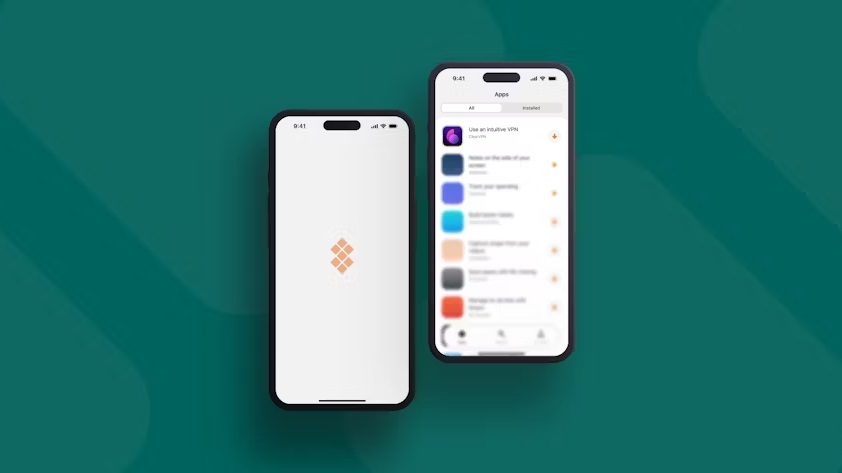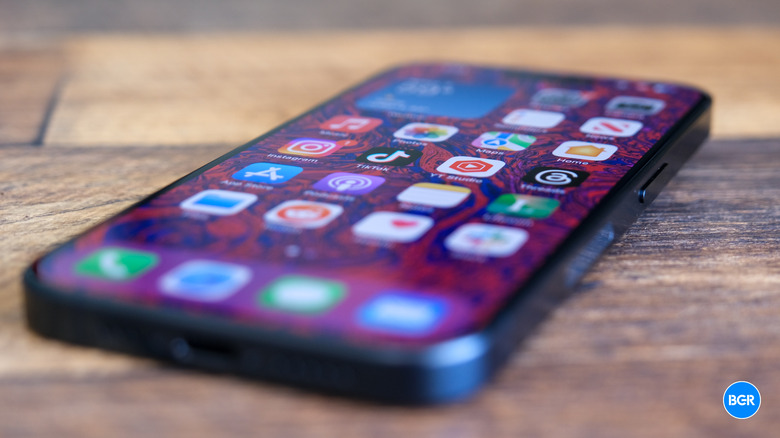Don't Expect Apple To Tell You When iPhone Sideloading Is Coming To The US
It's a big week for the European Union's Digital Markets Act (DMA) legislation. The companies deemed to be tech gatekeepers in the EU, and those who operate gatekeeper services, will have to implement changes by March 7th. For Apple, that means rolling out the iOS 17.4 update to everyone.
The iOS 17.4 software release brings support for iPhone sideloading and all that entails. Third-party app marketplaces, third-party payment systems, and a new deal for developers looking to take advantage of the changes are all part of the changes coming to the iPhone in Europe.
However, the immediate effects for the consumer will be minimal. iPhone sideloading won't be as good as you think, and that's something I've explained more than once. App Store alternatives also won't happen overnight. Not only that, but only two developers so far have announced upcoming digital marketplaces.
The most important thing to know about iPhone sideloading is that it'll be restricted to the EU, where Apple is forced to implement it. All international iPhone users will be left out. They'll be blocked from accessing the EU features, and there probably won't be a way to circumvent the restrictions.
Moreover, Apple support personnel will probably not answer questions about iPhone sideloading in the US or other markets outside Europe.
I used to worry about sideloading before Apple announced the changes coming to the iPhone in the EU. But I know I have nothing to worry about now that it's clear how difficult it is for a developer to take advantage of sideloading. It won't be like Mac or Windows, where you can download apps from anywhere. Apple has set specific rules to prevent abuse, so I no longer worry about the risk of malware attacks.
What I'm getting at is that iPhone sideloading isn't going to be the huge thing that some iPhone users dream about. It won't "free" anyone from Apple's ecosystem. You won't be able to download any app from any source. And those apps won't be cheaper than the App Store versions. Not significantly cheaper, that is.

That should tell you everything you need to know about iPhone sideloading in the EU. If you're wondering when Apple will enable the functionality in your markets, you must look at what local legislators are doing. The EU imposed iPhone sideloading. Apple has to comply.
Reports said in recent months that markets like Japan and the US are considering similar laws that would force Apple to open the App Store to competition. We might be years away from such legislation, if it even happens at all.
That's all you need to know about iPhone sideloading. And Apple will probably not provide any real answer if you ask about sideloading support in your country. That's according to Bloomberg's Power On newsletter.
According to Mark Gurman, Apple knows that some customers outside of the EU will be interested in iPhone sideloading and all that comes with it. Therefore, Apple has instructed AppleCare support to "brace for incoming questions about it." Apparently, Apple has told customer support reps not to speculate on when the EU-only features might be available in other markets.
That shouldn't be surprising, and it's the smart play from Apple. The company doesn't want to set any expectations. Also, Apple knows it doesn't have to offer any sort of guidance for other markets. Not at least until local regulators might come up with laws similar to the DMA.
I said before that Apple should make iPhone sideloading available everywhere and end the PR war. After all, iPhone sideloading doesn't really benefit end users right now. I say this as a longtime iPhone user who won't step out of the walled garden that some developers and iPhone users have criticized for years.
